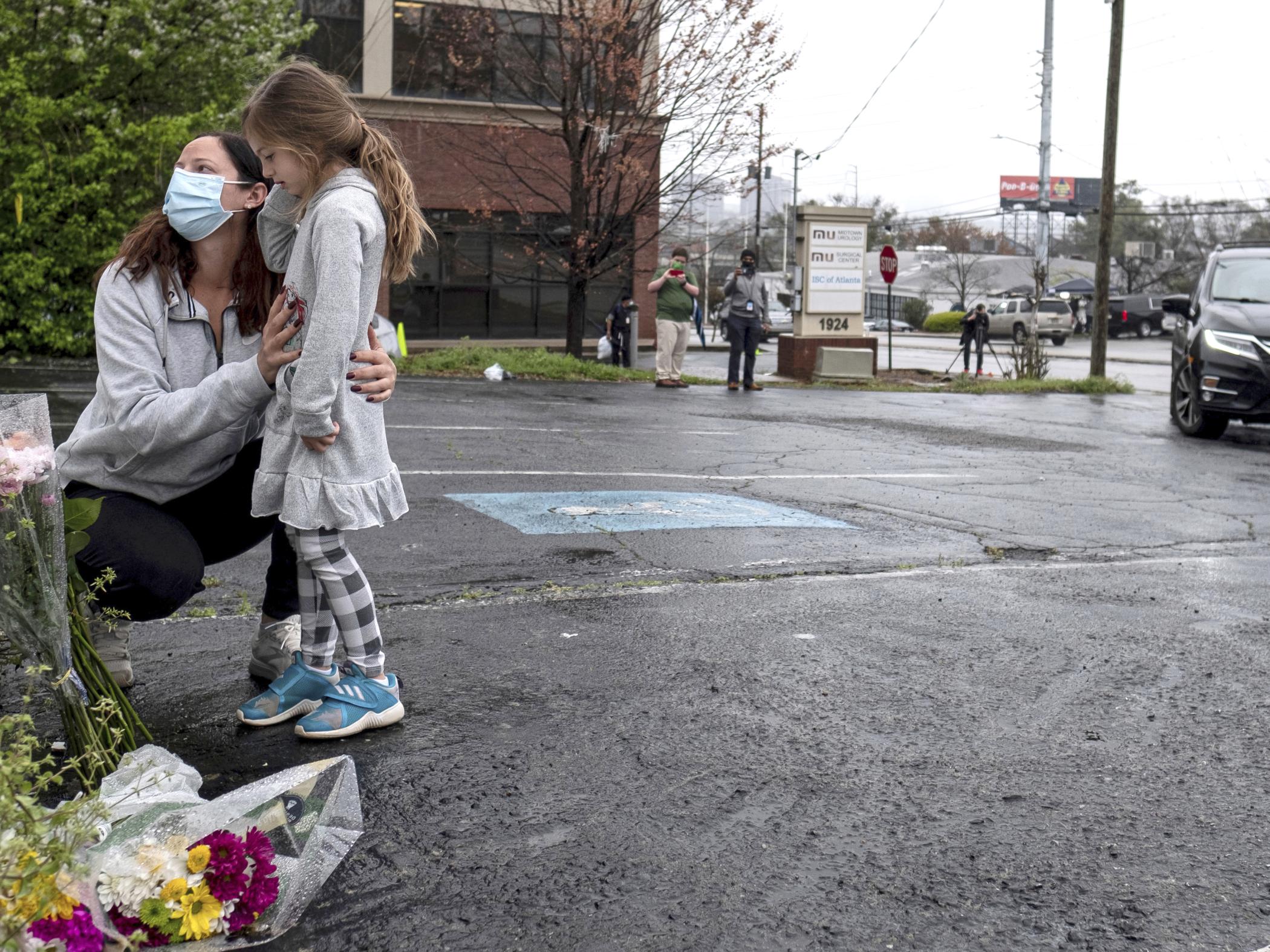The Banner has a subscription with the Associated Press to republish religion and faith content from AP, RNS, and The Conversation. This story from Religion News Service was first published there March 22. It has been edited for length.
More than 600 Christians signed onto a statement before its release Monday evening (March 22) by the Asian American Christian Collaborative. It condemns the shootings of eight people, including six women of Asian descent, last week at spas in the Atlanta area.
“We call Christians and church leaders to make a clear and urgent response condemning this heinous act of hate, and we invite all Americans to work toward the dignity and respect of Asian and Asian American lives, especially women,” the statement reads.
Related: Jeff Liou, a commissioned pastor with the Christian Reformed Church is part of the leadership of the Asian American Christian Collaborative. He was one of several people to contribute to a March 24 story from CRC Communications.
Among the signers of the AACC Statement on the Atlanta Massacre and Ongoing Anti-Asian Hate who helped draft the statement are the Rev. Raymond Chang and Michelle Ami Reyes, leaders of the AACC; Jenny Yang, vice president for advocacy and policy at World Relief; and Eugene Cho, CEO and president of Bread for the World.
Other prominent signers include Walter Kim, president of the National Association of Evangelicals; Shirley Hoogstra, president of the Council for Christian Colleges and Universities; the Rev. Soong-Chan Rah and Mark Charles, authors of “Unsettling Truths: The Ongoing, Dehumanizing Legacy of the Doctrine of Discovery”; Bishop Mariann Edgar Budde of the Episcopal Diocese of Washington; Mimi Haddad, president and CEO of CBE (Christians for Biblical Equality) International; and the Rev. Brenda Salter McNeil, professor of reconciliation studies at Seattle Pacific University.
The statement situates the Atlanta shootings in what it refers to as “a long chain of hate and violence experienced by those of Asian descent in the United States.” That includes systemic anti-immigrant policies, the sexualization of Asian women in America and a surge in anti-Asian racism and violence tied to the COVID-19 pandemic, according to the AACC.
It also calls out American Christianity, noting the accused shooter — a 21-year-old white man — reportedly was a Christian and that “churches, denominations, and political ideologies/idolatries have normalized the dangerous ideologies that motivated him.” (Religion News Service has reported that the suspect's church removed him from membership and urged ‘no blame’ on victims.)
The statement calls on Christians and church leaders to take several actions.
That includes confessing their failures in discipling congregants out of Christian nationalism; preaching against anti-Asian racism, denouncing the Atlanta shootings and honoring the victims by using their names instead of centering the accused shooter; and educating congregations about Asian American issues, anti-Asian bias, the exotification of Asian women and Asian American histories of oppression and resistance.
The statement also calls on Christian leaders to invite, empower and hire Asian American ministry leaders to speak into the ways their institutions can respond to anti-Asian racism and listen to their experiences. Outside of the church, the statement said, fighting anti-Asian racism looks like demanding federal agencies review how they define hate crimes, supporting legislation aimed at protecting victims and learning how the “model minority myth” pits Asian Americans against other people of color.
Monday’s statement is the second statement released by the Asian American Christian Collaborative. The first, released almost exactly one year ago, launched the collaborative and denounced the anti-Asian racism its members had seen and experienced at the outset of the pandemic.
By Emily McFarlan Miller for Religion News Service
© 2021 Religion News Service
About the Author
Religion News Service is an independent, nonprofit and award-winning source of global news on religion, spirituality, culture and ethics.

